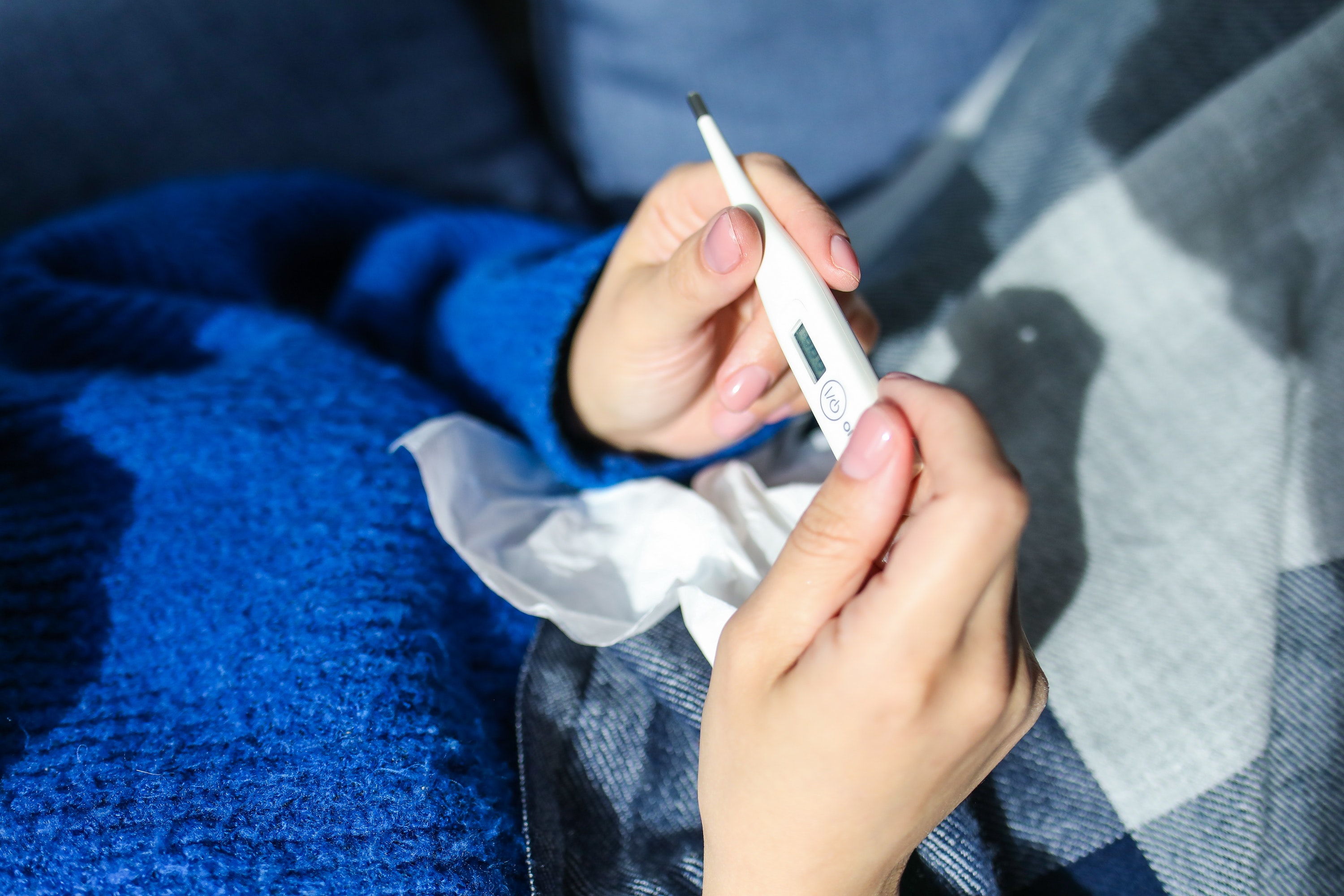How to Manage the Common Cold
This information below was provided by the American College Health Association and is for informational purposes. It is not meant to replace consultation with your health care provider.

The common cold got its name from how frequently people get these kinds of infections.
Infections like colds are caused by viruses--in fact, there are more than 200 known viruses that cause these infections. The viruses attach to the cells that line the nose and throat and then multiply, causing familiar symptoms. Some cold viruses attach to the cells in your lower respiratory tract and cause coughs as well as runny noses and sore throats.
Influenza (or the "flu") is used to describe a particular type of virus that causes more severe illness than the common cold. Many people choose to prevent acquiring this illness by getting the flu vaccine. To schedule your flu shot today, please click here to make an appointment inside the Monarch Wellness Portal.
Symptoms
The aches and pains that we usually call a cold are signs that the body is fighting the infection. These signs and symptoms can include:
-
Sore throat
-
Sneezing
-
Runny nose (including nasal discharge that might be thick, opaque, or discolored. This discharge is part of the common cold unless it lasts more than 10 to 14 days)
-
Muscle aches
-
Low grade fever
-
Headache
-
Loss of appetite
-
Red eyes
Schedule an appointment to see an ODU doctor, today!
Student Health Services has been accredited by the Accreditation Association for Ambulatory Health Care, Inc. (AAAHC) continuously since 1986. This means that Student Health Services is surveyed every three years to determine adherence to ambulatory health care standards as established by AAAHC.


